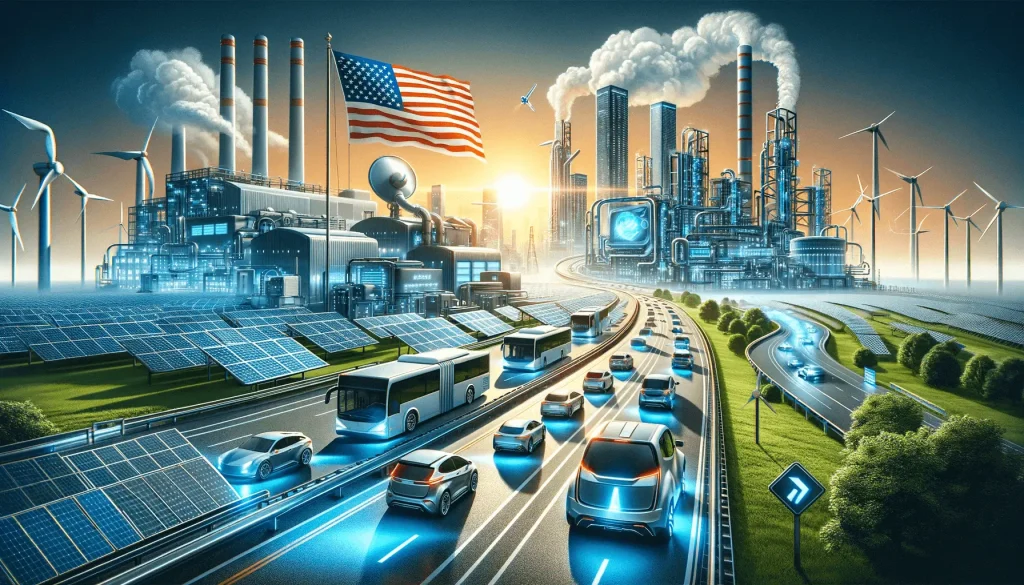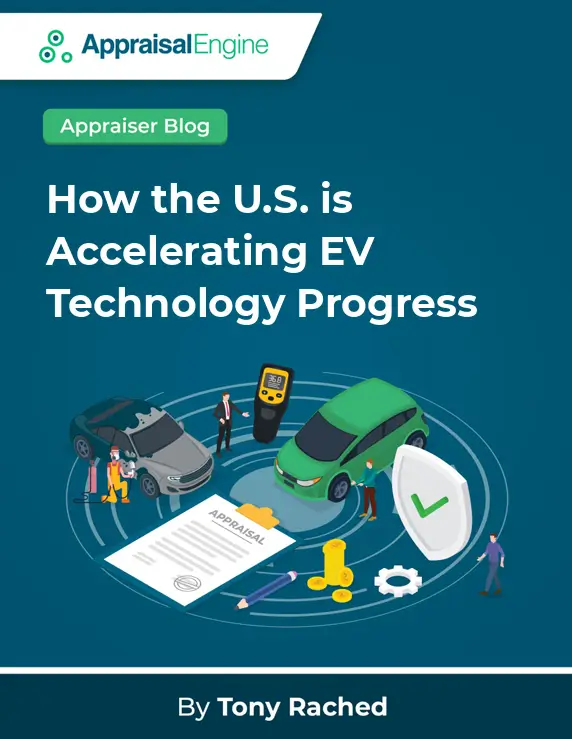In a world where the shift towards sustainable energy is more urgent than ever, the U.S. is stepping up its game in the electric vehicle (EV) technology sector. With a substantial $710 million in loans preliminarily approved for groundbreaking EV technology projects, the initiative marks a significant leap towards enhancing the U.S.’s stance on clean energy and semiconductor manufacturing. This move is not just about funding; it’s a strategic step to “lean into good risks” for establishing a robust U.S.-based chip supply chain, crucial for the future of technology and transportation.

How the U.S. is Accelerating EV Technology Progress (PDF)
A Leap Towards Clean Energy and Technological Sovereignty
The Biden administration, with an impressive $221.8 billion loan capacity earmarked for clean-energy projects, has made a decisive move to support the EV technology manufacturing ventures. This initiative reflects a broader strategy to secure a sustainable future and reinforce the U.S.’s independence in the critical technology sector.
Spotlight on SK Siltron CSS and American Battery Solutions
- SK Siltron CSS’s Expansion: With a generous $544 million loan, the South Korean powerhouse is set to expand its Bay City, Michigan plant. This facility is at the forefront of producing high-power silicon carbide wafers, essential for EV drivetrains, including inverters and electrical distribution systems. This expansion is expected to create approximately 400 jobs, equally distributed between construction and production sectors, signaling a significant boost to the local economy and the national supply chain resilience.
- American Battery Solutions Takes Charge: Receiving conditional approval for a $165.9 million loan, American Battery Solutions is gearing up to expand its EV battery pack assembly operations in Springboro, Ohio, and Lake Orion, Michigan. This expansion could potentially bring up to 460 new jobs, underscoring the administration’s commitment to not only fostering innovation in clean energy but also bolstering job creation in the sector.
The Bigger Picture: Funding and Future Prospects
As of the end of January 2024, the U.S. Energy Department has received applications for a staggering $263.1 billion in loans, highlighting the immense interest and potential growth within the clean technology sector. Despite the challenges of 2023, characterized by a significant slowdown in investment, the department remains optimistic. With a strategic focus on supporting projects that produce critical minerals used in batteries and electronics, the U.S. is positioning itself as a leader in the global race towards a greener future, despite the current oversupply by China.
Conclusion: A Sustainable Future Powered by Innovation
The U.S.’s recent move to offer $710 million in loans for EV technology projects represents more than just financial assistance; it’s a testament to the country’s commitment to leading the charge in the global transition to sustainable energy. By focusing on key areas such as semiconductor manufacturing and critical minerals, the U.S. is not only enhancing its technological sovereignty but also paving the way for a cleaner, more sustainable future. This initiative is a beacon of hope and a call to action for other nations to follow suit, ensuring a greener planet for future generations.




